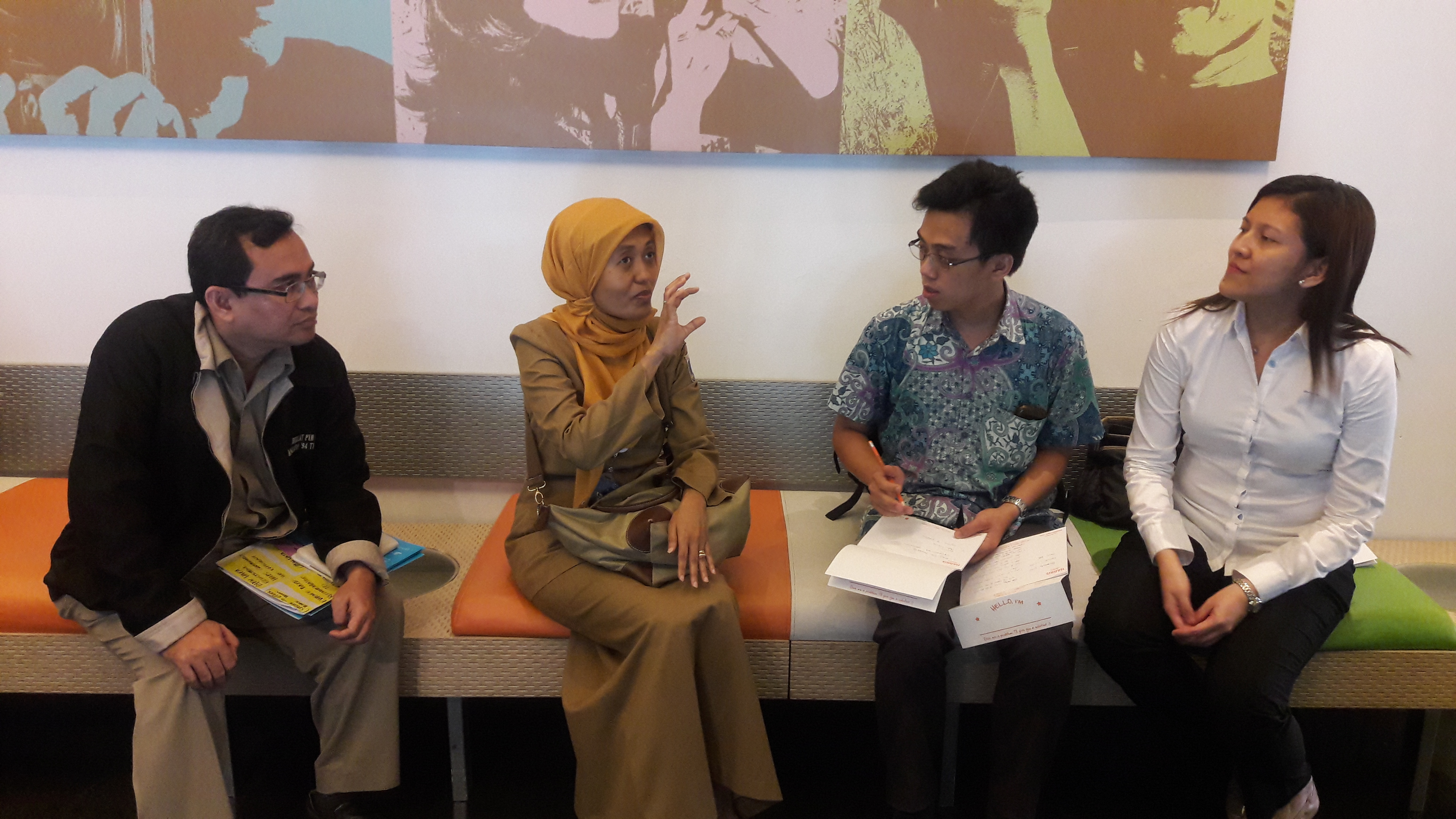The Asian Development Bank’s assessment of public sector management in Indonesia in 2015 reported that the country’s core problem is “insufficient delivery of, and inequitable access to basic public services at the local level”. One of the identified causes for this are the lack of transparency and accountability in public procurement. For a country, whose total procurement budget for 2015 amounts to 860 trillion IDR (approximately 64 million USD), this is a serious problem.
In 2015, the Jakarta Lab, with support from HIVOS, conducted research on open contracting in Indonesia and found out that one of the things needed to strengthen procurement practices is for the Indonesian Government commit to a regime of procurement transparency by ensuring that procurement data and documents currently held are proactively published.
To explore ways to strengthen disclosure practices of public procurement data at the local level, we partnered with Indonesia Procurement Watch (IPW) to create a portal that would make contracting data easily and publicly accessible. The portal aims to make public procurement data fully accessible and provide a data bank, document bank, and analysis feature. This is a pilot project covering only contracting information in health, education, transportation and infrastructure. After months of hard work, the portal was launched by IPW on Monday, 29th of March 2016 at the Harris Hotel in Tebet, Jakarta.
While still at its initial phase, IPW and those who attended the launch highlighted key insights for future work in public procurement:
- Access to procurement data is crucial. For example, for HIVOS – an international NGO working on issues of transparency and accountability -, access to well-maintained and regulated open contracting data could provide a stepping stone for informed dialogues on policy and decision-making, particularly around procurement. However, access should not be piecemeal but complete – to include not only bidding documents but also contracts. For IPW, accessing contract documents is one of the big challenges.
- Standards are necessary to guide procurement data disclosure. LPSE officials we talked to during the launch said that government institutions should be provided with templates and guidance on how, what type, where, and when to publish data. In this case, the Open Contracting Data Standards (OCDS), developed by the Web Foundation with support from Omidyar Network and the World Bank, is critical. OCDS intends to help governments publish procurement data (and associated documents) in a format that addresses the needs of a broad range of user groups, including civil society organisations and private companies.
- Creating open data portals, such as the one by IPW, does not necessarily lead to better transparency—as data supply does not automatically result to data use. One event participant said:
“There’s this big assumption that once data is made open, people will just pick it up and use it. The disproportion between disclosure and use needs to be bridged.”
This sentiment is a repeated concern of government and civil society organisations across sectors working to open data. “How can people use it?”, is a question one of our other partners ask before they publish information; after all, increasing the uptake of data demand and use could be directly related to how useful it is for citizens, among other factors. And indeed, another challenge that IPW, together with the LKPP and LPSE are facing now, is how to increase the public’s engagement with open contracting data.
You could find out more on our OCDS Scoping Study in Indonesia by downloading the Research Note for this project from our resources section.
For more information about IPW, the launch and their open data portal, visit www.ipwcso.org. To know more about the Jakarta Lab’s activities, check out our projects or visit labs.webfoundation.org.
Our 2016 is filled with many more activities in the pipeline, so make sure you follow us on Twitter @ODLabJkt to keep track of what’s to come!

Leave a Reply